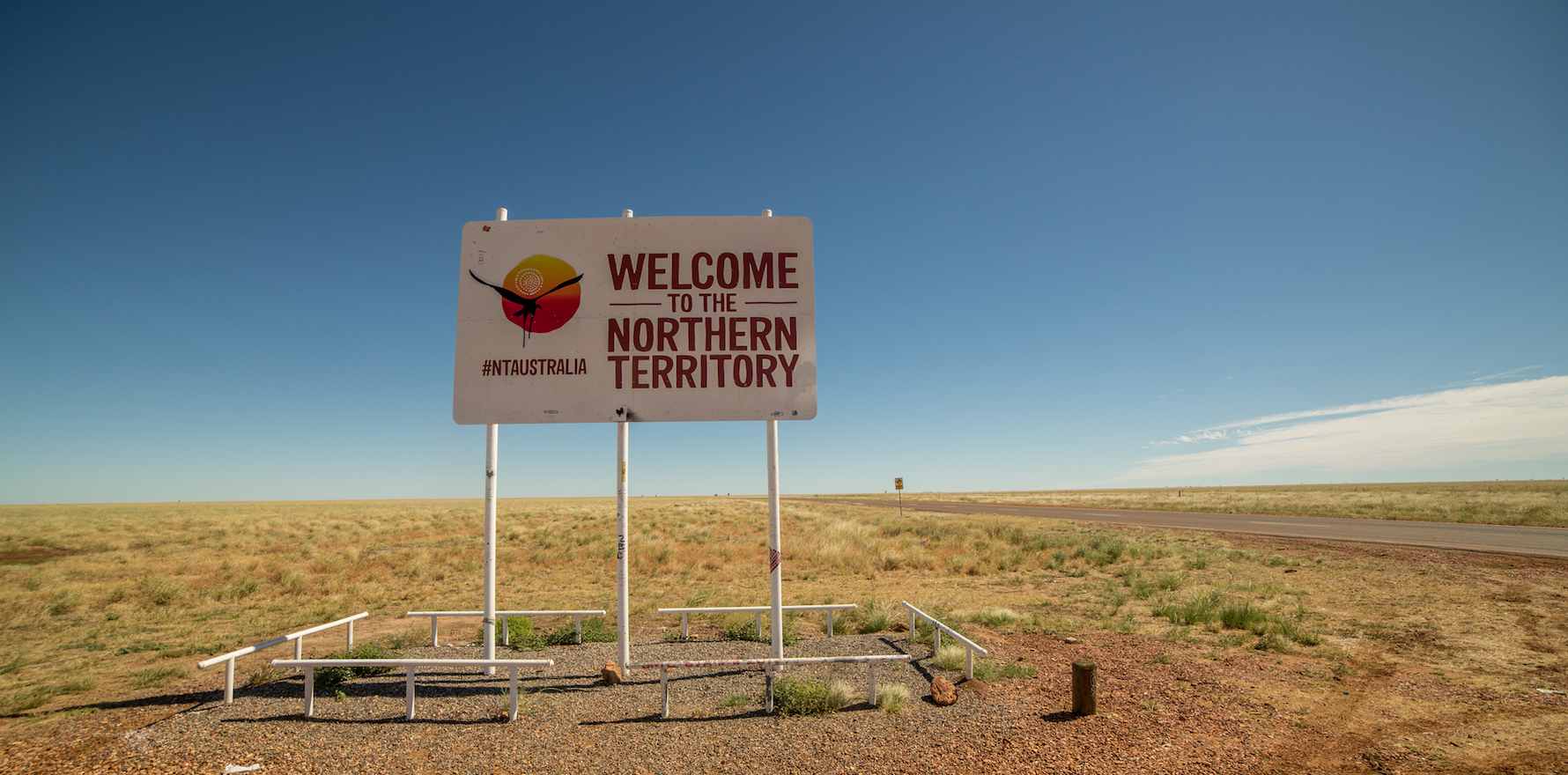The Northern Territory is short over 100 GPs, and the RACGP is calling on the next government to commit to tackling the drought.
The RACGP is calling on the next Northern Territory government to commit around $17.5 million to tackling the GP drought through remote housing subsidies, locum cover and incentives.
According to the college, the 262-strong NT GP workforce is operating at a shortfall of 102 and the lowest number of GPs per capita in the country, despite the “clear need”.
In its 2024 NT election platform submission, the college is calling for a number of commitments from the next NT government, set to be elected on 24 August.
Big-ticket items on the list include a full payroll tax exemption for private practice GPs, $10 million in remote housing for GPs and GPs-in-training and up to $5 million — $50,000 per GP registrar – to incentivise training.
RACGP NT chair Dr Sam Heard said exempting independent GPs from payroll tax would secure the sector’s future.
“While practices in Australia have always paid payroll tax on their employees, including receptionists and nurses, it never applied to GPs because they work independently,” he said.
“Changes to the application of this tax have threatened practice closures and bankruptcies in other jurisdictions.
“NT Health and the Aboriginal Community Controlled Sector are exempt from payroll tax.
“GPs provide the same essential care, so should get the same exemption.”
The college also called for $2 million to cover locum services and $500,000 for advisory group services aimed at bolstering GP services in the area.
Dr Heard said that while general practice was “incredibly rewarding”, it wasn’t without its challenges.
“Which is why 79% of NT GPs report experiencing burnout, higher than the national average of 71%,” he said.
“This is why we’re calling for government funding for six weeks of locum coverage for rural GPs, so they can afford a locum and have a break.
“Less burnout will ultimately mean more GPs on the ground caring for patients.”
Dr Heard said the lack of safe and appropriate housing for GPs was a substantial barrier to remote recruitment.
“That’s why we want the next Territory government to repair existing housing, build new houses where needed, and ensure all accommodation is fit for use by GPs and registrars who care for patients in remote communities,” he said.
“We [are] also calling for incentive payments to help attract more junior doctors to move to the NT to train as GPs.
“These incentives work – we saw this in Victoria where there was a big increase in junior doctors entering GP training after their government introduced a $40,000 incentive.
“A similar incentive will boost our workforce immediately, which is what we need because we can’t grow our own GPs fast enough to fill the gap in our workforce – we need to attract them from interstate.
“It will also help long term, because we know GPs who get a taste of training in the NT are more likely to stay.”
Related
Without substantial investment, Dr Heard said the area would continue to see practice closures.
“It’s critical that our next government recognises high-quality general practice care as an essential service and invests in supporting and growing our GP workforce,” he said.
“We lost the last practices in Tennant Creek and Nhulunbuy, and we’ll lose more elsewhere if there isn’t action.
“On the other hand, if we invest in general practice care, and ensuring all Territorians can see a GP regardless of where they live, we’ll have a healthier population, and it’ll be a more attractive place to work, live and raise families – this is an investment that will pay off.”





